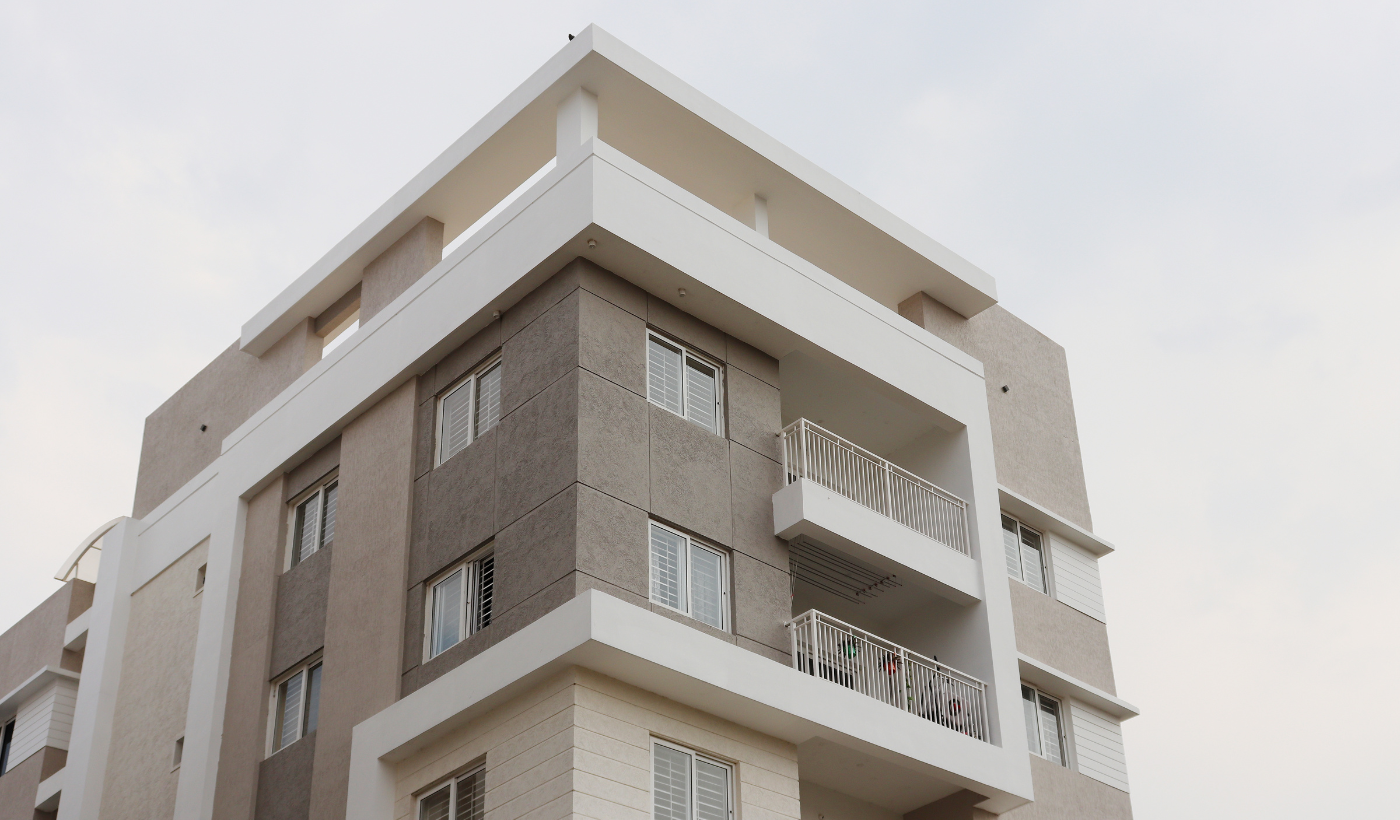Create wealth with a well-located property
Is residential real estate still a good investment? We’ve got some tips on how you can potentially add more value to your investment property.
 After several robust years for Australian residential real estate in Australia, many markets appear to be taking a breather as economic factors such as rising interest rates and high prices for essential goods start to grip.
After several robust years for Australian residential real estate in Australia, many markets appear to be taking a breather as economic factors such as rising interest rates and high prices for essential goods start to grip. However the reality is that market conditions are always changing. There will be peaks and troughs, buyers markets, sellers markets and everything in between. Regardless of what cycle of the market you’re buying in, there are some common ground rules to apply when planning to buy any investment property.
Location matters
Astute investors recognise that quality, well-located property is still a good way to create long-term wealth. Historically over a 7–10-year period, Australian real estate generates decent returns compared with other asset classes such as shares and, in some cases, stellar annual growth. Residential property prices, for example, rose 22.1% through 2021 1 .
A quality, well-located investment property will generally be close to amenities such as schools, parks, and public transport such as train stations. A suitable investment property will also offer features tenants are seeking, such as a second bathroom, garage, storage, and is pet friendly.
Do your research
Successful real estate investing starts by paying a fair price for a well-located property in a strongly performing city, town, or region.
Finding a suitable investment for the right price involves researching markets using the property portals such as RP Data and APM or the websites of the major real estate brands such as Raine & Horne, LJ Hooker or Ray White.
Maria Milillo, Head of Property Management, Raine & Horne Group, advises aspiring landlords to look for properties with aesthetic appeal as part of their online search. “If you have a knack for renovating, you might be able to create some appeal yourself – remember, the property should attract tenants.”
Before buying an investment, ensure the property is in good order structurally to keep maintenance and running costs to a minimum. Like an owner-occupied home, getting pest and building inspections is a precondition of buying.
Know what will attract tenants
Other appealing features tenants seek in a rental property are a second bathroom, car space or garage, and storage.
If you’re considering a house as an investment, making it pet-friendly can also give it an edge with tenants. Milillo warns, “If you’re considering buying an apartment as an investment, you’ll need to check if there are any strata rules in place that may ban Fido or Tabby.”
You should also check out the zoning of the property as you may have the added bonus of adding a second rental income to the property, for example via a granny flat. If you are considering additions or changes to the property, be sure the zoning allows you to do what you set out to do or you could end up with a nasty surprise.
Check out the demographics and employment growth
Understand the demographics for the area or location you’re interested in and determine what’s important for that demographic. For example, you wouldn’t want to buy a property with many stairs in an area where the demographic is older.
When considering an investment property in a regional area, check there are plentiful jobs and a diversified industry base. Buying into a one-trick pony town that relies too heavily on one industry, such as mining or farming, can be risky. Also, consider regional towns where new infrastructure – such as major roads, hospitals and education facilities have started or are in the planning phase.
Finally, as part of your research, consult with several local agents and property managers about the type of property in demand locally. They will give you insight into whether the property you’re considering suits the local market.
1 https://www.corelogic.com.au/news-research/news/archive/housing-values-end-the-year-22.1-higher-with-the-pace-of-gains-continuing-to-soften-as-multi-speed-conditions-emerge

 1300 13 22 77
1300 13 22 77